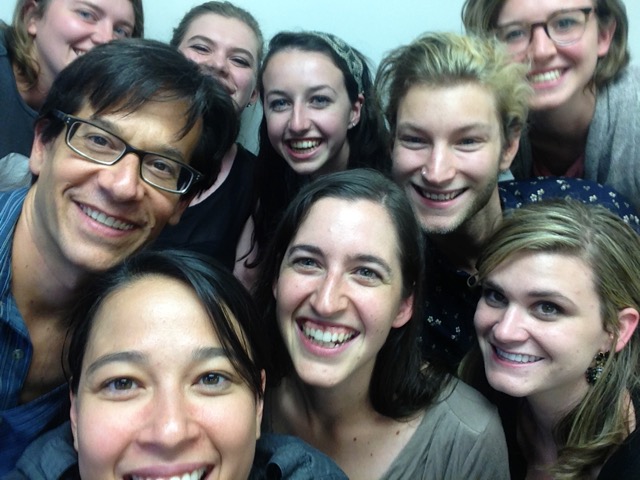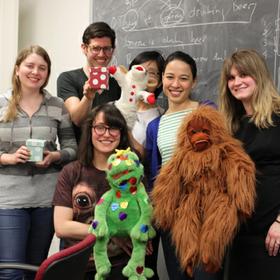Overview
Attitude verbs (e.g., think, want, hope) have received much attention from linguists and developmental psychologists for several reasons. From a developmental standpoint, their meanings encode internal states not easily observed by learners, posing a classic poverty of the stimulus problem (Gleitman 1990, Gleitman et al 2005). Children's acquisition of these words has further been used as a window into their understanding of other people's minds (cf. Johnson 1982, Bartsch and Wellman 1995). From a linguistic standpoint, attitude reports illustrate important issues at the interfaces of semantics with syntax and with pragmatics. First, different attitude verbs select different kinds of complements; they thus provide a rich terrain to explore the extent to which syntactic selection is semantically-motivated. Second, attitude reports are often used to express indirect speech acts; they thus allow us probe how pragmatic enrichment works. This project investigates children's acquisition of attitude reports, in the hopes of furthering both our linguistic theories and our understanding of the connection between language and theory of mind development.
Some questions we are interested in:
- Do children acquire adult-like semantic representations of attitude verbs from the start?
- If not, what kinds of representations do children start with and what underlies their initial difficulties? Are the difficulties conceptual or linguistic? Syntactic, semantic or pragmatic?
- Are all attitudes acquired at the same time? If not, why not? Do asymmetries in their acquisition derive from asymmetries in the development of the concepts they express, or from linguistic or pragmatic asymmetries?
- What kinds of syntactic cues might be useful in learning the meaning of various attitude verbs? What cues are potentially available, and which ones are actually used?
Our project is funded by NSF grant #BCS-1124338. [project's short description]

